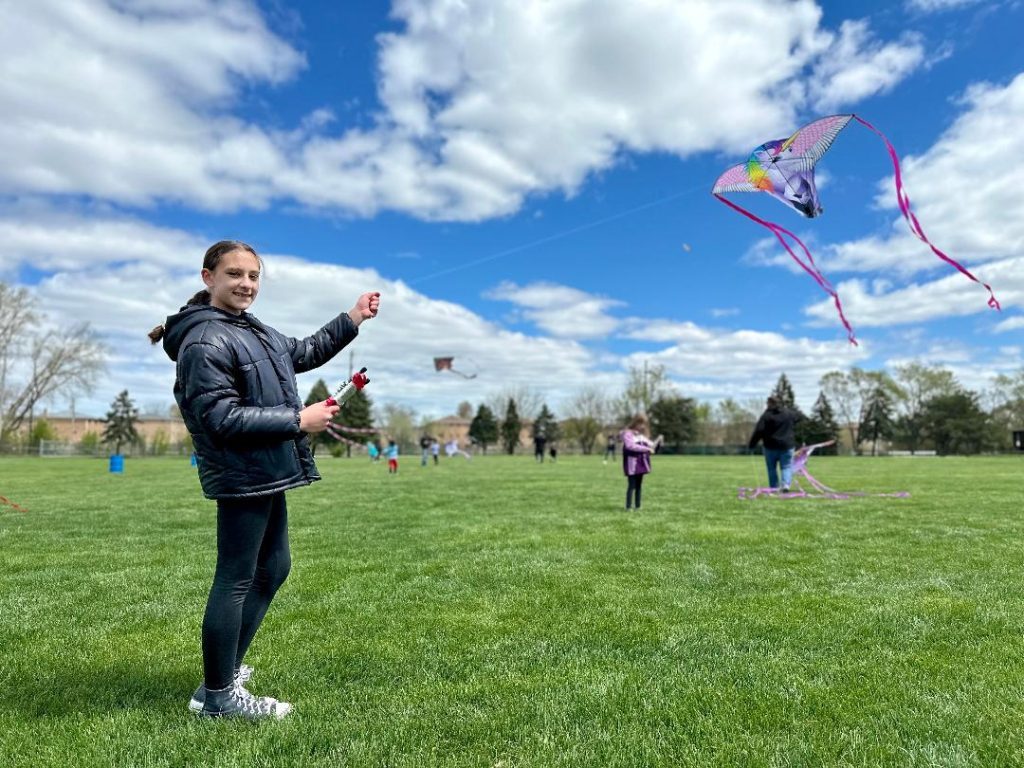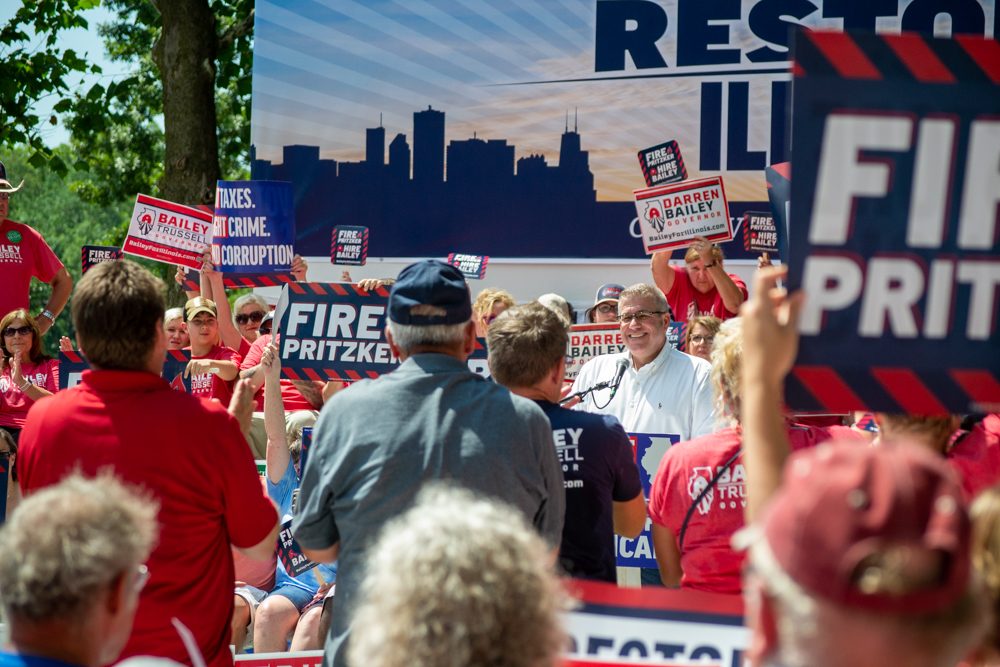
CAPITOL RECAP: Pritzker, Bailey make pitch to farmers
By CAPITOL NEWS ILLINOIS
SPRINGFIELD – The candidates for Illinois governor faced questioning about their agriculture-related policies Wednesday in an outbuilding on a McLean County farm.
The Illinois Agricultural Legislative Roundtable – put together by a coalition of more than 100 of the state’s agriculture stakeholders – took place at Schuler Farms in rural Lexington. The event was moderated by Illinois Farm Bureau President Richard Guebert Jr.
Gov. JB Pritzker highlighted his administration’s wide-ranging infrastructure bill, defended his signature on a massive decarbonization bill and highlighted the progress toward fiscal stability the state has seen in his time in office.
His challenger, state Sen. Darren Bailey, meanwhile, sought to discredit the state’s fiscal progress, dismissed the energy bill as a collection of “virtue signals” and said Illinois was starting to look like Baghdad.
The last comment came in reference to the Climate and Equitable Jobs Act, signed into law by Pritzker last year, which aims to put 1 million electric vehicles on state roads by 2030 and take carbon-emitting energy generators offline in the state by 2045.
The law seeks to accomplish that by massive ratepayer subsidies for renewable and nuclear energy and forced closure of fossil fuel plants over the next two decades.
Bailey said that law has led to a threat of brownouts in areas of downstate Illinois that are part of the MISO regional transmission organization that purchases energy capacity for 15 states. MISO representatives, however, testified at a committee hearing earlier this year that the early retirement of out-of-state fossil fuel plants, not the passage of CEJA, led to higher downstate energy prices and warnings of potential brownouts.
“MISO has fallen down on the job,” Pritzker said. “That’s why Illinois had to pick up the pace in solar and wind and make sure that we’re producing more energy, not less. That is what the Climate and Equitable Jobs Act does. It helps us produce more energy.”
PRITZKER FACT CHECK: It was also in relation to the energy bill that Pritzker accused Bailey of lying to members of the forum about one of the provisions in the bill that the Illinois Farm Bureau had hotly contested.
The point of contention had to do with eminent domain, a process that allows governments to procure private property while giving the property owner little power other than to negotiate a price.
While the climate bill was ultimately stripped of provisions that would have given counties the power to invoke eminent domain for wind and solar projects, the final bill did include a provision that allows a private transmission line to invoke the authority in seven counties.
Democratic lawmakers at the time said the language, included on page 673 of the public act, applies to the Grain Belt Express, a transmission line owned by the private company Invenergy. The language in the bill states that a project of Grain Belt’s magnitude “shall be deemed” a public use line, giving the company the ability to invoke eminent domain if needed.
The counties named in the bill are Pike, Scott, Greene, Macoupin, Montgomery, Christian, Shelby, Cumberland and Clark.
While Bailey said he believed the bill forced coal and natural gas offline too early, the eminent domain provision was enough for him to vote against it.
Pritzker, in his discussion at the forum, incorrectly claimed any eminent domain language was stricken from the bill. Asked by a reporter after the forum about the Grain Belt Express provision, Pritzker said he was “talking about eminent domain broadly.”
Invenergy, meanwhile, has held town halls and said eminent domain would be a last resort with the vast majority of their interactions with property owners ending amicably.
OTHER POLICIES: Pritzker continued to tout the $45 billion capital infrastructure bill that includes money for broadband infrastructure and all modes of transportation. It’s a program Bailey opposed while in the General Assembly.
“We’re going to be building our roads and our bridges, and our airports, and our ports all across the state of Illinois so you can more easily get your goods to market across the board,” Pritzker said. “Take note that the majority of the dollars that we’re putting into infrastructure are invested downstate.”
Bailey, meanwhile, continued to assert that state finances can be improved with “zero-based budgeting,” a concept of justifying every dollar spent up front rather than carrying over costs from a previous budget year.
He said he’d fill government agencies with businesspeople.
* * *
SCHOOL FUNDING: Five years ago this month, Illinois lawmakers passed legislation that overhauled the way public schools in the state are funded.
The goal of the new formula is to gradually bring all districts up to an “adequate” level of funding, or having enough resources to cover the cost of providing the educational services the state expects. That takes into account a district’s total enrollment, poverty rate, the number of English language learners and a host of other factors.
Five years later, huge disparities still exist among districts, both in funding and academic performance, but lawmakers from both parties who were part of negotiating the new law say it has provided huge benefits, especially to those schools that were most underfunded.
“I use the example of East St. Louis, that I think at the time had the highest property tax rate but was nowhere near adequate spending,” said Andy Manar, a former state senator and now deputy governor who was a chief architect of the plan. “And if you did the math at the time…they literally could not tax themselves into equity.”
In fiscal year 2018, the first year under the formula, the East St. Louis district was funded at 66 percent of adequacy. This year, it is funded at 96 percent of adequacy.
Illinois has traditionally relied on local property taxes to fund most educational spending. That has automatically led to built-in inequities because districts with relatively low levels of property wealth per-pupil must levy higher tax rates to raise the same amount of money as wealthier district.
Each year, under the new law, the state is to add at least $350 million in new funding for schools, with the bulk of that money going to those furthest from adequacy. So far in the first five years, the state has met or exceeded that funding target in all but one year, raising the state’s share of school funding from $6.9 billion in fiscal year 2017, the last year under the old formula, to $9.8 billion allocated this year.
It also drove the state’s percentage of K-12 education upward, according to ISBE data. In FY 2017, the state provided 24.4 percent of K-12 funding. In FY 2020, the latest year for which audited numbers are available, that number rose to 27 percent.
According to data from the Illinois State Board of Education, it would still take another $3.6 billion in state funding this year alone to bring all districts up to 90 percent of “adequate” funding, a goal set in statute. But the state has made some progress toward addressing the needs of the least-funded districts.
In the first year of evidence-based funding, there were 168 districts that were funded at less than 60 percent of adequacy. Those were the ones that were first in line for new funding when the EBF formula took effect.
For the upcoming year, there are only two districts below that level, both funded at 59 percent of adequacy.
During the first year, funding levels ranged from a low of 47 percent to a high of 288 percent of adequacy. This year, the gap ranges from 59 percent to 270 percent.
So far, though, there is little evidence that the new money has helped improve academic performance for students because the COVID-19 pandemic severely interfered with annual testing in 2020 and 2021.
Like many states, Illinois did not administer state assessments in 2020 due to the pandemic, and results from the 2021 tests are believed to have been affected by the pandemic. Results of the 2022 tests will be released later this year.
Prior to the pandemic, though, the connection between school funding and student achievement was evident.
Capitol News Illinois is a nonprofit, nonpartisan news service covering state government that is distributed to more than 400 newspapers statewide. It is funded primarily by the Illinois Press Foundation and the Robert R. McCormick Foundation.
Local News
Sorry, we couldn't find any posts. Please try a different search.
Neighbors
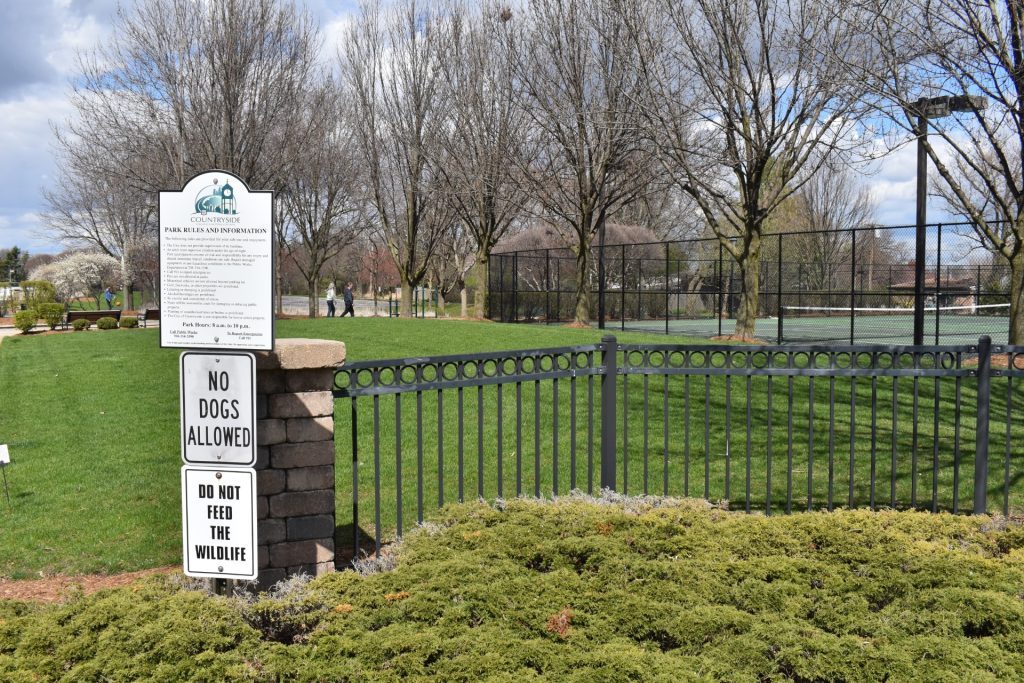
Countryside puts dog park on hold, will require leashes in two parks
Spread the loveBy Steve Metsch The city of Countryside has put on hold building a dog park, but canines and their owners are still in store for a treat. The city council has unanimously approved a plan to permit dogs in City Park and Countryside Park this year. Previously, they were not allowed in the…

Bridgeview approves auto repair shop
Spread the loveMoves up time for May 1 village board meeting By Steve Metsch Bridgeview is getting a new automotive repair shop. The village board at its April 17 matinee meeting approved a special use permit that will allow a repair shop at 9010 S. Beloit Ave. There was no discussion among trustees. The board…
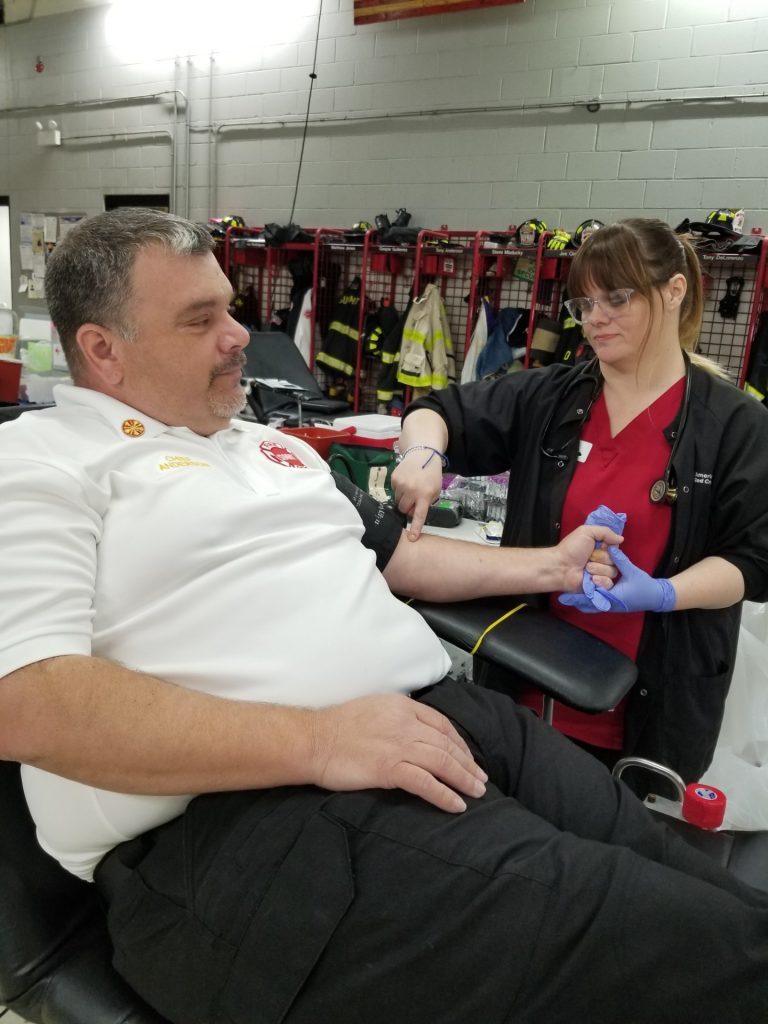
Summit Fire Department blood drive draws a crowd
Spread the loveBy Carol McGowan The Summit Fire Department, along with the Village of Summit, and the Argo Summit Lions Club held a blood drive this past Saturday, and it drew a crowd that even impressed the American Red Cross. It took place from 9 a.m. until 2 p.m. with non-stop donors walking through the…

Hodgkins toasts village businesses
Spread the loveBy Carol McGowan Hodgkins Mayor Ernest Millsap and the Board of Trustees celebrated the village’s businesses at its annual Business Appreciation Breakfast on April 10. Over 100 people gathered at the Hodgkins Administration Center for a hearty breakfast hosted by the village. Representatives from many businesses that are located in or that work…
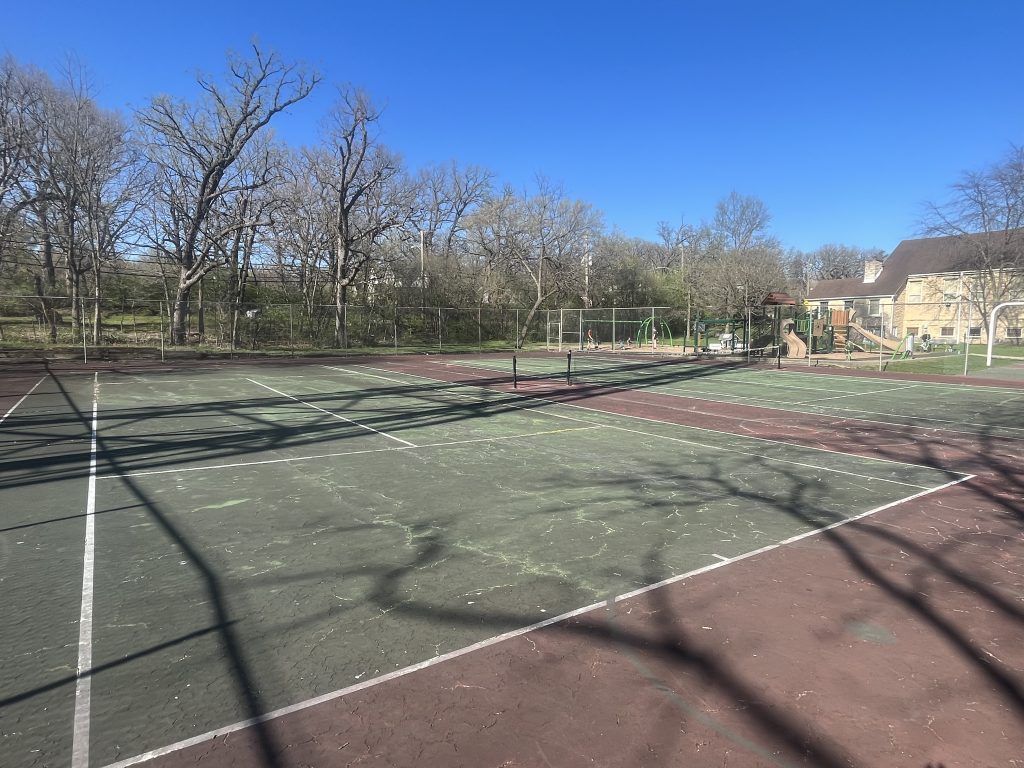
Pickleball courts coming to Palos Park
Spread the loveBy Jeff Vorva There will finally be outdoor pickleball in Palos Park. In a process that went longer than anticipated, the Palos Park Village Council was able give the green light to get a pickleball project started on the Village Green. The council voted April 8 to award the contract to U.S. Tennis…

First Secure Bank to host American Eagle gold coin sale
Spread the loveFrom staff reports First Secure Bank & Trust of Palos Hills announced its annual May sale of 1-ounce and ¼-ounce American Eagle Gold Coins, produced by the U.S. Mint, will take place from 10 a.m.to noon on Saturdays, May 4, May 11, May 18 and May 25. The sale will take place at…

Donate teddy bears to our local police
Spread the love. Peggy Zabicki Your correspondent in West Lawn 3633 W. 60th Place • (773) 504-9327 . Have you ever seen the 1955 movie The Night of the Hunter? The children in this movie show such bravery and acceptance in what life has thrown at them. They have to deal with unimaginable events and sadness. …
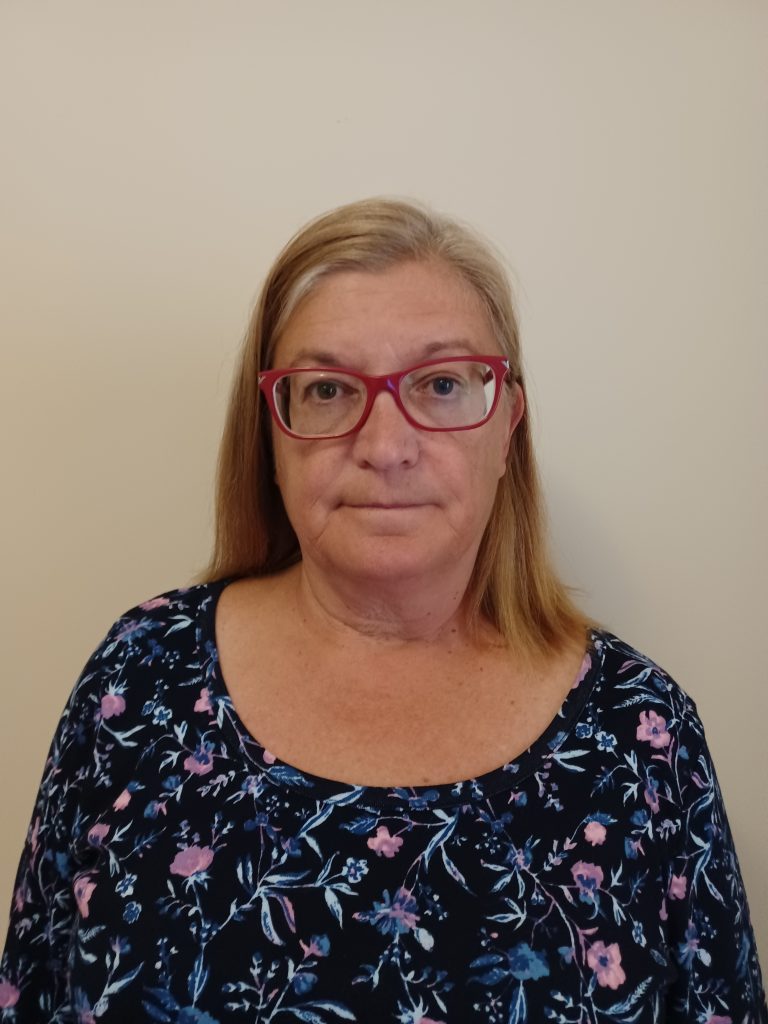
Boy Scouts collecting tattered flags for disposal
Spread the love. By Mary Stanek Your correspondent in Archer Heights and West Elsdon 3808 W. 57th Place • (773) 517-7796 . Goodbye April, hello May. Our American Flag, the symbol of our country, should always be treated with respect. But after bearing Chicago’s brutal winters and hot blazing summers along with being in the…

Oak Lawn trustee says village needs state grocery tax
Spread the loveBy Joe Boyle An Oak Lawn trustee said that Gov. J.B. Pritzker’s proposal to eliminate the state’s grocery tax will be costly for the village. Trustee William “Bud” Stalker (5th), accompanied by Mayor Terry Vorderer, recently returned from a fact-finding trip to Springfield where they learned more about the governor’s proposal to eliminate…






